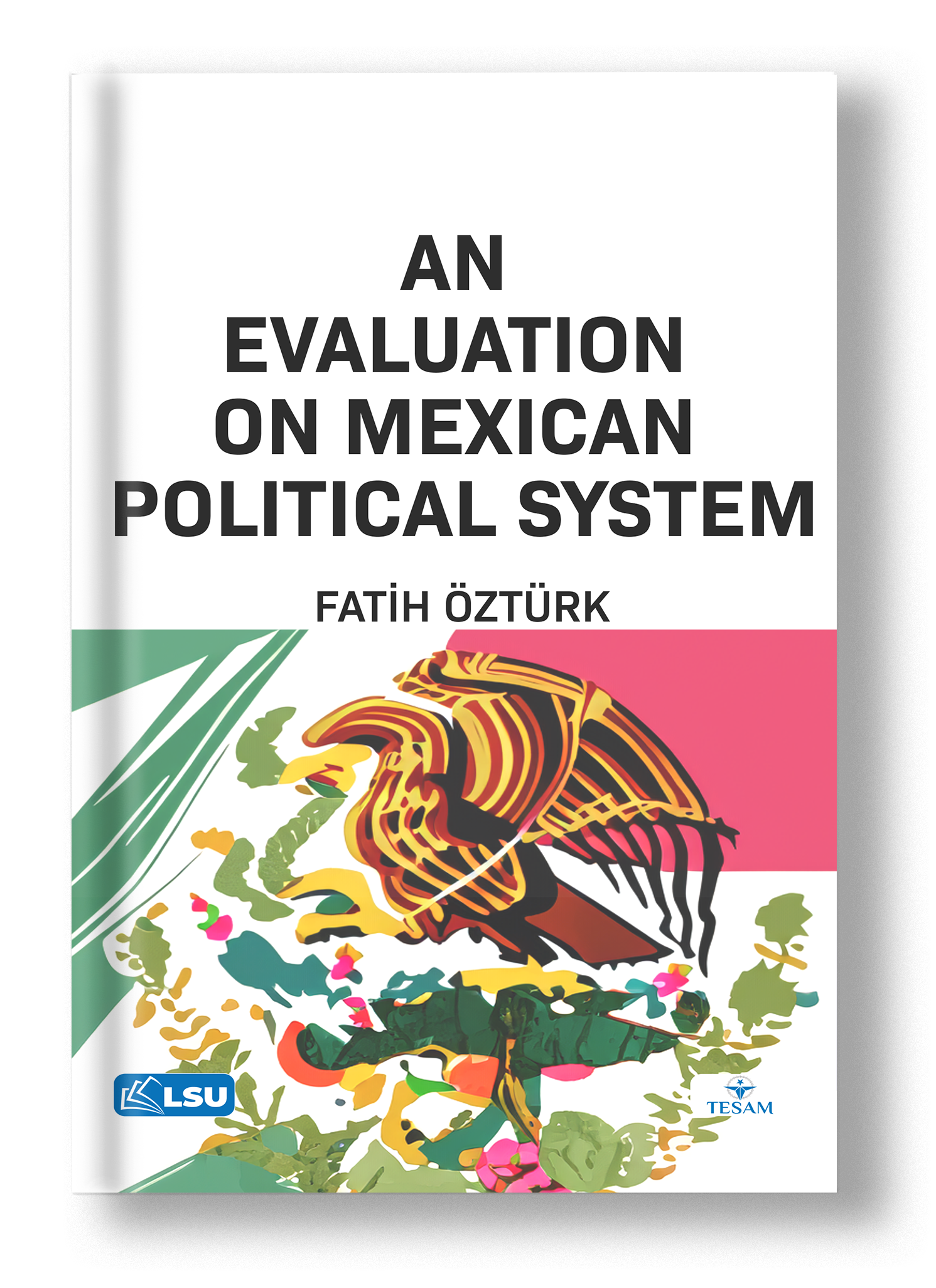TESAM YAYINLARI
Bilgi, İş birliği ve Yaratıcılığın Buluştuğu Nokta
Evaluation of the Mexican Political System
Evaluation of the Mexican Political System
| Editör | ||
|---|---|---|
|
For many years, under a one-party system, the Mexican people have lived without justice, security, or property rights. Although the principle of separation of powers is enshrined in the Constitution, the fact that Presidents, who are vested with broad powers, hold the majority in the Senate and the Chamber of Deputies and appoint members of the Federal Courts and Superior Courts, has prevented the establishment of checks and balances in the state, resulting in the one-party system becoming an unchecked power. The Institutional Revolutionary Party (PRI), with its corporatist approach to governance, transformed the political system into a dependent and controllable structure by making state institutions as well as civil society, trade unions, and the media part of the party. Although there were occasional uprisings and protests in reaction to this approach, the hegemonic ruling party did not allow the people to voice their political demands. The 1960s were the years when people began to voice their demands for political and economic rights. The reaction movements against the one-party system, which started especially under the leadership of opposition trade unions, reached their peak with the Student Events in 1968, and these events became the breaking point in the beginning of the democracy process. |
||
| Konular | International Relations International Affairs Mexican Politics | |

| Tür | Akademik Kitap |
| ISBN | 978-625-98926-6-5 |
| E-ISBN | 978-625-98519-4-5 |
| Yayıncı | TESAM Yayınları |
| Yayın Tarihi | 20.09.2023 |
| Kapak (PDF) | |
SATIN AL
Henüz satın alma bağlantısı eklenmemiş.
